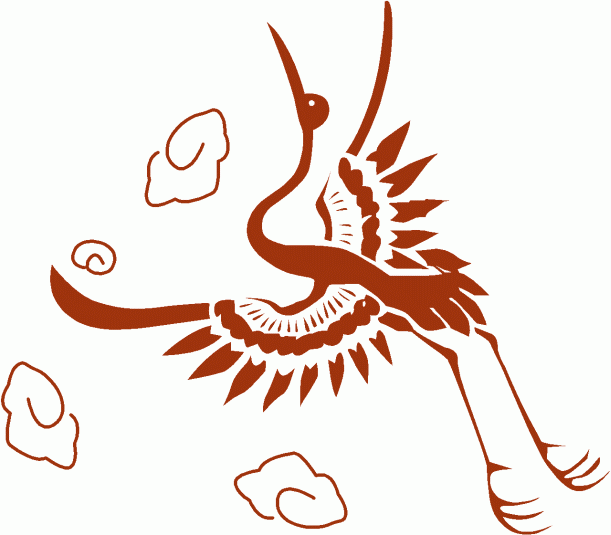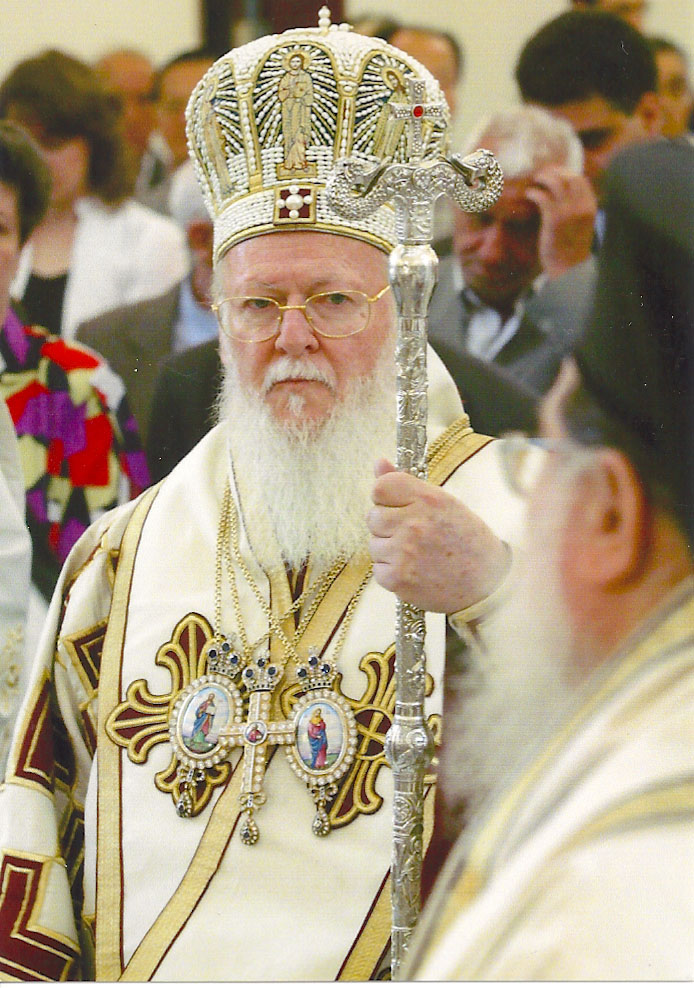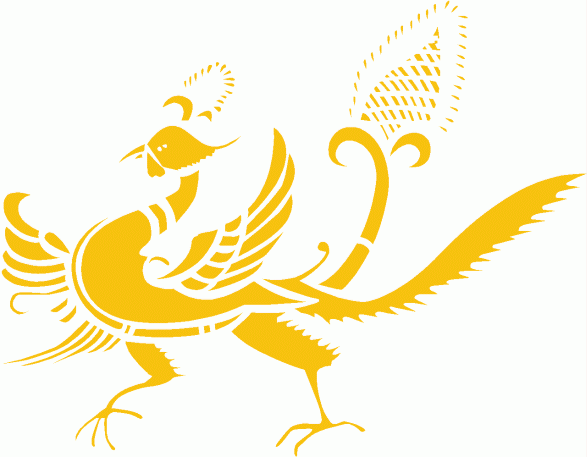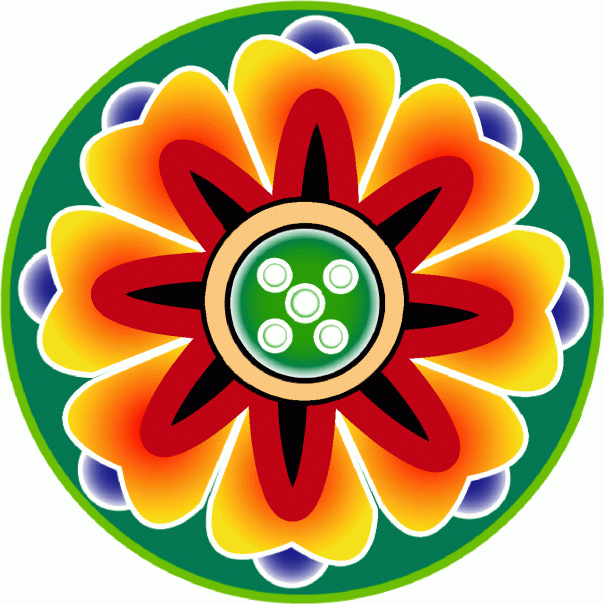
![]()
바르톨로메오스 세계 총대주교의 사순대재 메시지
Patriarchal
Catechetical Homily on the Opening of Holy and Great Lent


2 0 1 1

ECUMENICAL
PATRIARCHATE
Prot. No. 195
CATECHETICAL HOMILY
On the Opening of Holy and Great Lent
+ BARTHOLOMEW
By God’s Mercy Archbishop of Constantinople-New Rome
And Ecumenical Patriarch
To the Plenitude of the Church
Grace and Peace from our Lord and Savior Jesus Christ
With our Prayer, Blessing and Forgiveness
Beloved brothers and children in the Lord,
“The arena of the virtues has opened; those who desire to compete
may enter, girding themselves with the good struggle of fasting.” (Triodion,
Cheesefare Sunday) Or, better, the arena has always remained open, from the
time that the All-Merciful Lord of Glory deemed it worthy to assume our nature.
Since then, through His Church, he invites every person to participate in the
boundless gifts of the grace of the Holy Spirit, particularly during this
blessed period of Holy and Great Lent.
Beloved children in the Lord, the boundless goodness of our God,
who is truly worshipped in the Trinity, created the human race solely out of
love in order to render us human beings – to the degree that is possible for
human nature – sharers and participants of the grandeur of His sacred glory.
This is the exclusive purpose of life at all times. Indeed, in order to achieve
this purpose, the holy and inspired tradition of the Orthodox Church comes to
our support, instructing, interpreting and including the entire spectrum of the
spiritual life by means of various struggles, with which the faithful must
always advance courageously.
Through the holy Sacrament of Baptism, each Christian received the
grace of the Holy Spirit. If we begin to love God with all our heart, then this
grace transmits to us in an incomprehensible way the wealth of its benefits.
Whoever wishes to retain this experience of grace should strive with great joy
to renounce from the soul the benefits of the present age in order to acquire
the hidden wealth of true life. To the same degree that the soul advances in this
spiritual struggle, the sacred gift of divine grace reveals the Lord’s goodness
concealed in the depth of the soul in order to become the sure guide in the
manifold spiritual struggle. (St. Diadochus of Photike, Century 77)
This spiritual struggle is ongoing for every faithful. Therefore,
it requires us to start anew each day, each moment. “The time has come for the
beginning of spiritual struggle, the victory of demons, the armor of virtue,
the conduct of angels, the boldness before God.” (Lauds, Cheesefare Sunday)
Great Lent precisely resembles a constant beginning of spiritual regeneration
and renewal. This is why the hymnographer of the Triodion correctly orientates
us toward its proper content, stating that bodily fasting by renouncing certain
foods cannot result in remedy and is even despised by God as false, unless it
is accompanied by purity that results from renouncing the spiritual passions
(Lauds, Wednesday of Cheesefare Week).
Of course, focusing the intellect on the work of knowing God, in order
to return it from passionate dispersion, comprises a toilsome and
time-consuming labor. However, it is necessary and definitive for our spiritual
wellbeing and social life. The way of virtue appears difficult and extremely
unpleasant to those who undertake the journey; yet, not because it is actually
like this, but because human nature has become accustomed to the ease of
pleasure. For those who have succeeded in reaching the middle of this journey,
in fact it appears pleasant and effortless (St. Diadochus of Photike, Century
93).
Frequently, those who cannot understand the great mystery of this
piety consider the Orthodox ascetic tradition as negative and as leading to
deprivation of creativity, of original initiative, of enjoyment in life’s
pleasure. Nothing could be further from the truth. All that was created by God
was created “very good” and offered to us in order to delight in and enjoy in
order for us to give continual glory to our Benefactor. The commandments of God
guide us and inform us in the proper use of these divine gifts, so that our
body, mind and soul, together with all the material gifts, may be truly joyful
and beneficial for our life. On the contrary, the arrogant, independent and
contemptuous use of material gifts offered to us by the Creator result in
entirely different goals to God’s expectations, leading us to depression,
anxiety and misfortune, even though appearing to satisfy human pride
momentarily.
Our Savior, who is truly divine and truly human, who is
incomprehensibly known to the humble and those capable of receiving His
uncreated grace, the Lord of glory and Lord of history, who directs our soul
and mind, who contains the universe in His divine providence – from the
smallest particle of His creation to the most inconceivable aspect of our
world, is eternally the Way, the Truth, and the Life. (John 14.6) Just as the
hypostatic source of Life could not possibly be held by death, which was
crushed through His resurrection, so too there could not possibly be any
positive human life without participation in the life-creating Body of the
Risen Christ, the Orthodox Church, and the inspired Holy Tradition. In brief,
the Lord reigns forever, while the ideas of the proud are proved false. Or, as
St. Diadochus so wonderfully says: “There is nothing poorer than a mind
endeavoring to philosophize about God without God.”
Beloved children in the Lord, upon entering the arena of Holy and
Great Lent, we paternally exhort you not to be afraid or lazy in assuming the
most important task of your life, namely the spiritual arena of work. Instead,
be courageous and strong, so that you may purify your souls and bodies of all
sin in order to reach the Kingdom of God, which is granted already from this
life to those who seek it with sincerity and with all their soul.
May the grace of God and His boundless mercy be with you all.
Holy and Great Lent 2011
+ Bartholomew of Constantinople
Fervent supplicant to God for all
|
형제
여러분그리고 주님안에있는사랑 하는 자녀 여러분,
운동 선수들이 경기하는 경기장 같은, 덕을 쌓기 위한 영적 투쟁의 기간이 열렸습니다. 누구든지 영적 투쟁을 원하는 사람들은 좋은 경기를 위해 사순절의 금식으로 시작하면서 이 경기장으로 들어가십시오. 이 경기장은 영광의 주님께서 우리의 구원 을위해사람이되신때부터항상열려있습니 다. 그때부터 교회는 개개인에게 성령의 은총 의선물을받게참여하라고특히,거룩한사 순절 기간에 우리를 초대하고 있습니다. 주님의
사랑하는 자녀 여러분,
지극히
거룩한 삼위 참하느님께서는 오직 사랑으로 우리를 창조하셨습니다. 그리고 사람이 거룩한 주님의 영광의 위대함에 친교를
맺어하나가될수있게사람이되셨습니다. 이것이 매 시대 사람이 살아가는 목적입니다. 이러한 목적이 현실화되기 위해서는 우리 정
교회의영적전승인영적양식을취해영적 생활을 해야 합니다.
각 그리스도인은 세례성사를 통해 성령의 은총을 받습니다. 만약 누구든지 온 마음을 다해하느님을사랑하면설명할수없는방법 으로은총의풍부한덕이다른사람들에게전 달될 것입니다. 이러한 은총의 실천을 가지려 고원하는사람은현세세속의물질들을마음 의한구석에두고진정한삶을얻기위해노력 을 해야만 합니다. 영적 투쟁의 마음이 어떻게발전하는 지는 은총의 신성한 선물을 얼마나 취하는지에 따른 것입니다.(성 디아도호스 포띠끼. 필로칼리아)이 영적 투쟁은 믿는 자에게는 계속되는 것 으로 매일 매 순간 다음과 같은 결심이 필요 합니다. 성가 작사가는 다음과 같이 찬양합니 다. 영적 투쟁의 시작과 사탄에 대한 승리인 사순절이 왔다. 금욕으로 무장하고, 천사들의 품위와 하느님에 대한 솔직함으로 사탄에 승 리하는구나. 왜냐하면 지속적으로 사람이 영적으로 새로 태어나는 때는 사순절이기 때 문입니다. 뜨리오디온의 성가 작사가는 금식 의 목적을 설명하면서 음식을 금하는 육적인 금식은 욕망으로부터 깨끗해지지 않으면 거 짓이고, 하느님으로부터 인정받지 못한다고 했습니다. 마음의 욕망은 사람의 정신을 어둡게 하고, 마음의 상태를 계속해서 방해하고, 자기 자신 에게 이렇게 해서는 구원을 받을 수 없다는 바른 판단을 가질 수 없게 하는 것입니다. 그 래서 성령의 은총의 인도를 받아서 사탄이 원 하는 데로 가는 것이 아니라 하느님이 창조하 신 모습으로 나아가야 되는 것입니다. 만약 사람이 죄의 욕망에 대항하여 투쟁하면, 하느 님이 창조하신 대로 정말로 모든 것이 깨끗해 질 것입니다. 교부들이
우리들에게 가르친 대로 영적 투 쟁으로 마음의 건강한 상태를 만들어간다면 영적 투쟁은 하느님이 창조하신 물질, 창조물 과의 투쟁이 아니라 사탄이
우리 안에 심어주 는, 우리를 영적 죽음으로 이끄는 죄의 욕망 과의 투쟁인 것입니다.(고백자 성 막시모스. 필로칼리아)사람이 이 투쟁을 잘하기
위해서는 많은 시 간과 수고가 필요한 것으로 이러한 시간의 투 자와 수고는 사람의 삶에 꼭 필요한 일입니다.
덕의 길은 거칠고, 힘들게 보입니다. 왜냐하 면, 원래 덕의 길이 힘든 것은 아니었는데, 사 람들이 쾌락에 젖어들었기 때문입니다. 반대 로 덕의 길을 계속 가던 사람은 이 길이 감사 하고 쉬울 것입니다.(성 디아도호스. 필로칼 리아) 영적 투쟁을 하는 방법을 배운 사람의 마음 은 평온해지고 성령의 선물을 받게 됩니다. 그리고 하느님에 대한 기억이 더 커지고 좋아 지며, 사탄의 유혹의 생각을 쫓아내고, 마음 이 영적으로 올라가고, 기쁨이 충만하여 하느 님의 뜻을 따르며 항상 하느님과 함께 하길 원하게 됩니다. 많은 사람들은 정교회의 삶은 규정, 금식, 금욕을 하는 것이 사람들이 기쁨과 삶을 만끽 한다고 생각합니다. 하지만 이것은 잘못된 생 각입니다. 왜냐하면, 하느님은 모든 것을 좋 게 만드셨고 우리가 만끽할 수 있도록 우리들 에게 베풀어주셨고, 우리가 후원자이신 하느 님께 영광을 돌리기 위한 것이기 때문입니다. 하지만, 물질이 우리들에게 유용하게 쓰여지 게끔 계명을 주셨습니다. 만약 물질적 덕을 이기적으로 각자가 원하는 대로만 사용하면 잘못된 사용으로 우리를 걱정과 실패로 이끌 것입니다. 이것이 바로 정교회의 수련의 목적 입니다. 즉, 물질을 올바르게 사용하여 우리 삶에 유익하게 하기 위해서인 것입니다. 오늘날 세계의 위기는 사람들이 이기적, 탐 욕적으로 하느님이 베풀어주신 물질을 사용 한 결과입니다. 하느님의 계명을 사람들이 삶 에 적용하기를 거부하기 때문에 사람의 인성 이 파괴되고 있는 것입니다. 완전한 신이시고 사람이신 그리스도께서는 영원히 길이요,진리요, 생명이십니다.(요한 14, 6) 그리스도는 진정한 생명이기 때문에 죽음 에 머무를 수가 없었고, 반대로 죽음을 물리치시고 부활하셨습니다. 이렇듯 사람의 생명도 진실이기 위해서는 부활하신 주님의 몸인 교 회와 결합하여야만 합니다.
하느님과떨어져살수없다는진실,즉,사 람이교회와하나가되어살아야하는것을
알수있는것은,최근수십년을보면무신론 을 주장하는 사람들은 사람들을 하느님으로 부터 멀리하려 하였지만, 오히려 무신론의 체 계는 무너지고 사람들의
믿음은 하느님을 찾 고결합하려고하는모습을볼수있습니다. 또다른예로많은사람들이하느님의계명을 따르지 않고, 멀리 하면서 살았지만 그들의
힘든삶을보면서나중에는깨닫고회개와눈 물로 교회로 돌아오는 경우를 볼 수 있습니다. 성
디아도호스는 이렇게 말씀하고 계십니 다. “사람은 삶에 하느님의 존재가 필요합니다. 왜냐하면
어느 누구도 하느님이 없는 사람보 다 더 비참한 사람이 없기 때문입니다.”
주님의 사랑하는 자녀 여러분,
사순절의
시작에서 주저하거나, 두려워하지 말고영적수련을위해경기장에들어가서투 쟁을 시작하십시오. 그래서 우리의 몸과 심령 을조금도더럽히지말고깨끗하게지켜서하
느님을 두려워하는 생활을 하며 완전히 거룩 한 사람이 됩시다. 그리고
하느님의 왕국을 얻기 위해서 진정 으로원하는사람들은이미이세상에서시작 하고 있는 것입니다.
거룩한
사순절에,
콘스탄티노플 세계총대주교
바르톨로메오스 |
![]() St. Paul Orthodox Press
St. Paul Orthodox Press
www.orthodoxincheon.or.kr



